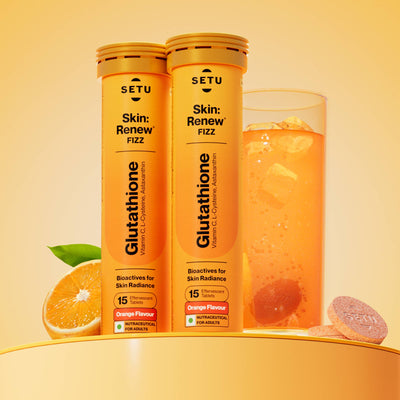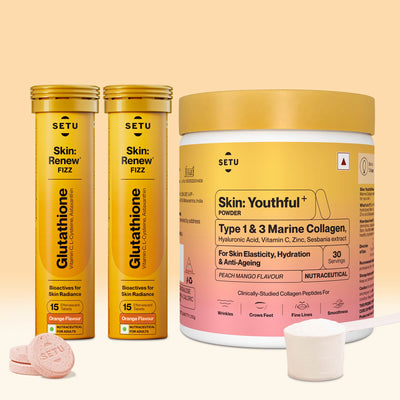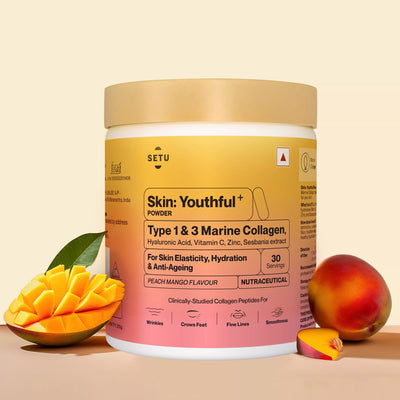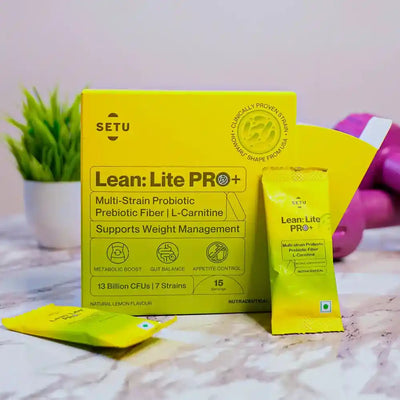How To Choose The Best Sugar Substitute
01 Mar 2020
Whether you’re looking to cut back on your sugar intake because of the health risks or because you wish to lose weight, the best thing you can do is to gradually wean yourself off sugar. Of course, that’s easier said than done, which is why we are constantly on the lookout for safe and healthy sugar substitutes. Artificial sweeteners like aspartame, sucralose, and saccharin have gained wider acceptance over the past few decades, but these ingredients may not be the safest alternatives to sugar. Although more research is needed, there’s good cause to suspect that they come with their own risk of side effects . So, what can you do?
Your best bet would be to turn to natural sugar substitutes that are not created with synthetic ingredients. Here’s a quick guide to help you make the best choice.
1. Stevia
Stevia is a natural sweetener that is extracted from a South African shrub known scientifically as Stevia rebaudiana.
Pros: Stevia has zero calories and has no effect on blood sugar levels, which is why it can be used by diabetics . Notably, it is 100 to 300 times sweeter than sugar, so you end up using much less. Studies indicate that stevia has no adverse health effects and that the compounds present in stevia may also help keep high blood pressure in check .
Cons: Some people experience a slightly bitter or metallic aftertaste.

2. Xylitol
Xylitol is a sugar alcohol that is extracted from corn or birch wood. It is also found naturally in many fruits and vegetables such as cauliflower, berries, and mushroom.
Pros: Xylitol is just as sweet as sugar and it contains 2.4 calories per gram, which is 40% fewer calories than sugar. Like stevia, xylitol too has close to no effect on blood sugar levels, which makes it safe for diabetics . Studies indicate that xylitol can help reduce the risk of cavities and tooth decay. Xylitol is also known to increase the body’s absorption of calcium, which helps boost bone health .
Cons: Xylitol is not calorie-free and should be consumed in moderation. Large quantities of it can result in bloating, flatulence, and severe diarrhea.
3. Coconut Sugar
Made from the sap of the coconut palm, coconut sugar has gained a lot of popularity in recent years.
Pros: Coconut sugar is packed with many minerals and vitamins, including potassium, iron, and calcium. It also contains inulin fiber, which is known to slow the absorption of glucose to keep blood sugar levels balanced. Moreover, owing to the presence of inulin, coconut has a lower glycemic load than sugar .Cons: It contains almost the same number of calories per serving as regular sugar. It is also very high in fructose, which is why it should be used in moderation.
4. Honey
Honey in its raw form is considered to be one of the oldest sweeteners in the world. Collected from honeycombs where bees store it, honey is a naturally occurring sweetener and contains a lot of valuable nutrients.
Pros: Honey has anti-inflammatory, antibacterial, and antiseptic properties, owing to which it has been used as a healing agent for millennia . Studies indicate that consuming honey helps boost levels of antioxidants in your blood .
Cons: Owing to its water content, honey is only about 80% as sweet as sugar. Moreover, it has a similar impact on blood sugar levels as sugar, making it just as bad as regular sugar if you suffer from diabetes. You cannot cook with honey, as the nutrients in honey are broken down and lost when it is exposed to heat.

5. Date Syrup
Date syrup is extracted from the fruit, which is also packed with various nutrients, including vitamins, minerals, and antioxidants.
Pros: The high fiber content of date syrup is part of the reason why it has a rather low glycemic load. Its distinct flavor makes it a popular sugar substitute in desserts and baked goods. As it is made from dates, the syrup has a better nutritional profile than sugar.
Cons: Commercially produced date syrups should be avoided as the nutritional benefits of dates don’t usually make it to the final product.
While using natural sugar substitutes can help lower your sugar intake, remember that sugar can also be found in a wide range of packaged foods and beverages. Always make it a point to read food labels carefully to make sure what kind of sweeteners you’re consuming.
Tips To Cut Sweet Cravings
Don’t try to eliminate all sugar intake at one go. Cut back slowly, Allowing yourself to enjoy sweet treats on occasion. Instead, moderate your intake and try to choose the least unhealthy options.
Combine foods to make sweet snacks a little less unhealthy. So, if you’re in the mood for ice cream or chocolate, mix your bowl of ice cream with finely chopped fruits. You can also make a chocolate sauce and use it as a dipping with slices of apples, pears, or other fruit you like.
When you feel cravings start to come on, immediately reach for some chewing gum. Chewing gum is known to help reduce food cravings.
Keep fruit or healthy homemade trail mix around to snack on at regular intervals. This can prevent food cravings from surfacing and will also work as a healthy substitute for sugary foods.
Skin: Youthful - Marine Collagen
- ₹1,594
- ₹1,594
-
₹2,000 -
You Save:
₹406 (20%)
Categories
- Choosing a selection results in a full page refresh.
- Press the space key then arrow keys to make a selection.
this is the sidecart










